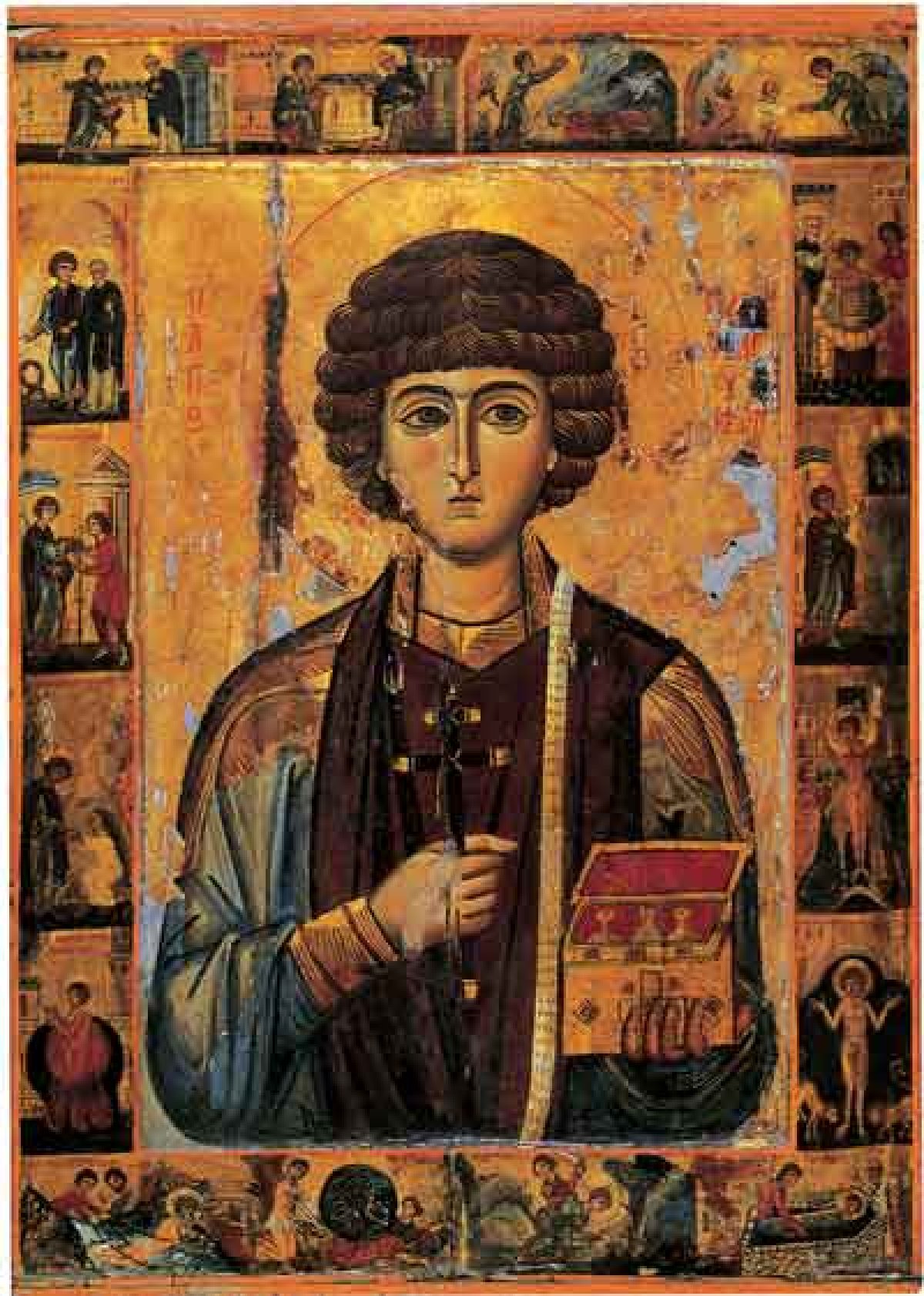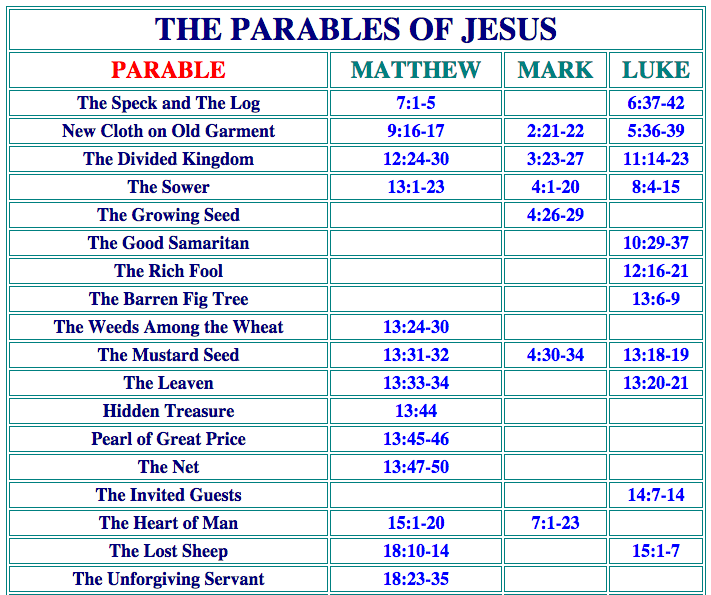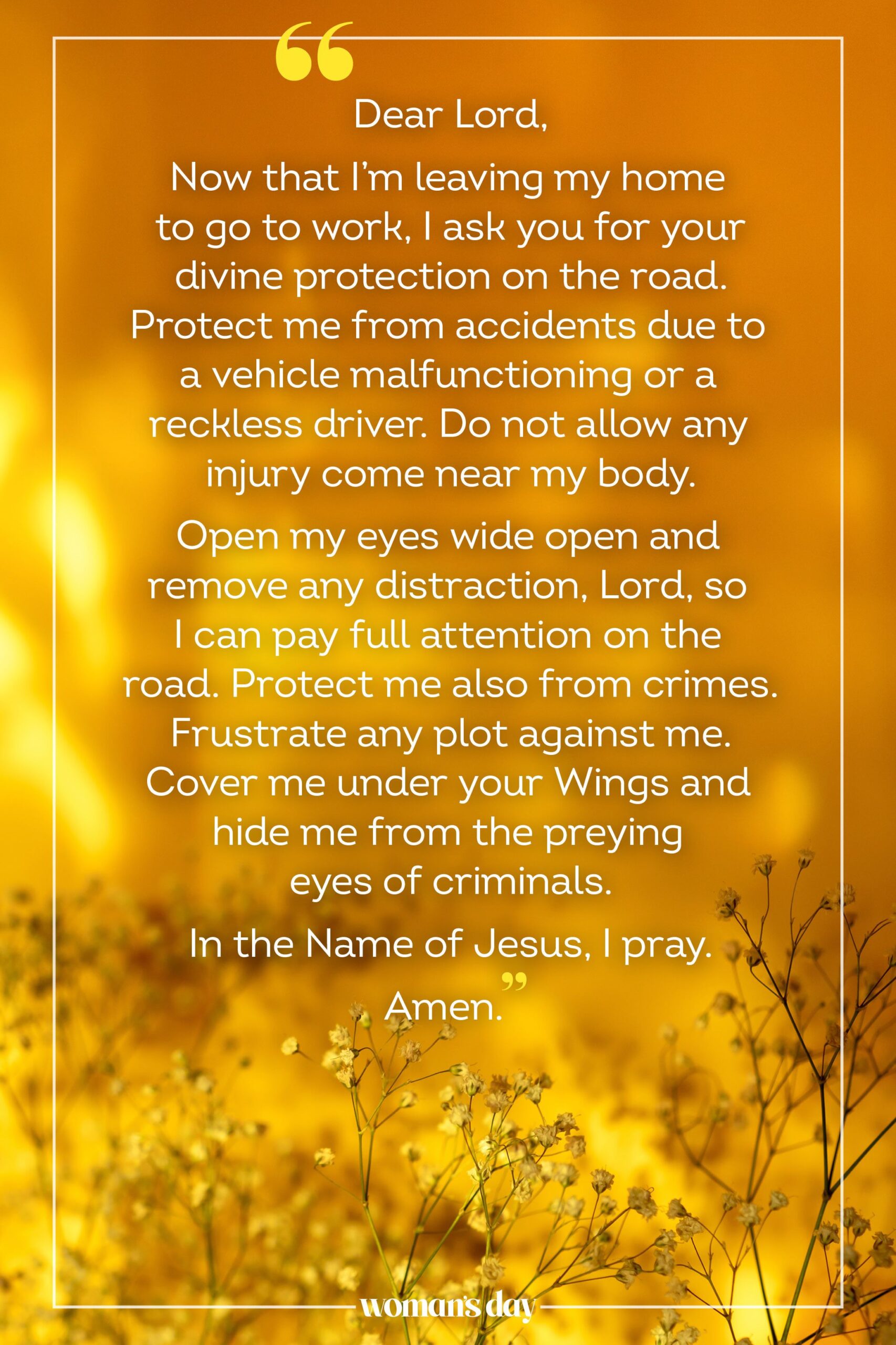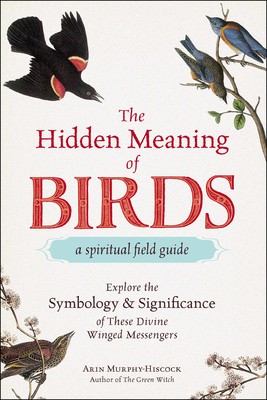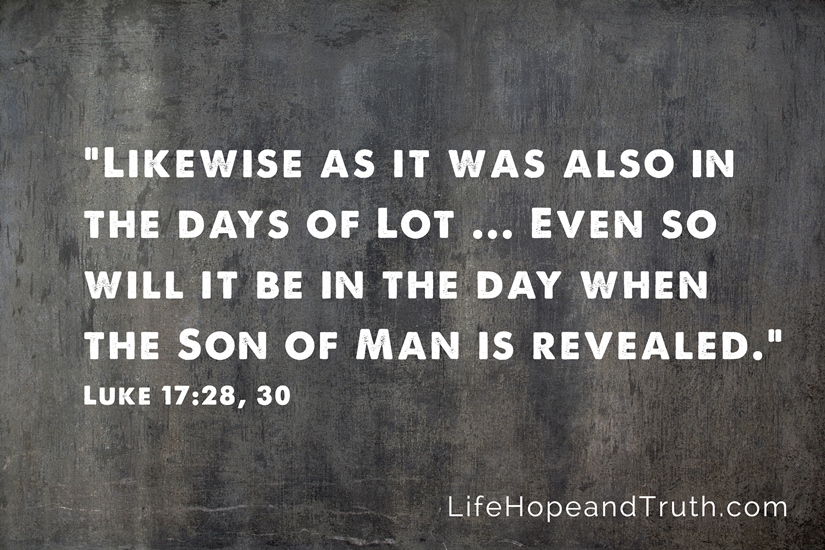Prophets Of The Bible In Chronological Order
Prophets Of The Bible In Chronological Order
The prophets are the messengers of God who spoke to the people of Israel. They were given divine inspiration to deliver God’s message, which was often in the form of poetry or songs that told people what they needed to hear.
The prophets are divided into two groups by their historical period: ancient and post-exilic prophets. Most prophets lived in the southern kingdom of Judah (with some exceptions such as Ezekiel), whereas others were primarily active during Josiah’s reign in Jerusalem during the late 7th century BC. Some prophets even prophesied beyond these periods; one notable example is Jesus Christ himself!
1. Hosea
Hosea was a prophet in Israel who preached during the reigns of Uzziah and Jeroboam II. He also lived during the time of Amos, one of his fellow prophets from the northern kingdom of Israel.
Hosea was from a town called Bethel, which is located in what is today southern Lebanon (or Palestine). It’s hard to know exactly when he lived but historians estimate that it may have been between about 785 BCE and 750 BCE. In addition to being one of the minor prophets, Hosea would also be one of the first people mentioned by name after Moses when we look at scripture chronologically (Deuteronomy 34:10).
2. Amos
Amos was a minor prophet and a contemporary of Hosea, Isaiah, and Micah. He was a shepherd in Tekoa, which is located in the southern part of Judah. Amos prophesied to the northern kingdom of Israel during the reigns of Jeroboam II (793-753 BCE) and Uzziah (792-740 BCE). He delivered his prophecy about 10 years before Amos died during the reign of Jeroboam II’s successor Zechariah (753-743 BCE).
3. Jonah
Jonah was a prophet of Israel, originally sent to the city of Nineveh to preach repentance. He was later called upon by God to prophesy against the Assyrian Empire, which he did reluctantly. Jonah’s story is one of the more curious stories in the Old Testament and can be difficult for some people to understand its meaning. Some scholars have suggested that Jonah’s reluctance may be due to his anger at God for sparing his enemies even though they were committing grave sins against him and his people. In any case, it is important for Christians today to remember that Jonah’s mission was not successful; he failed in this first instance but succeeded later when he was allowed another chance at prophecy after nearly being killed by a whale
4. Isaiah
Isaiah was a prophet who lived in the 8th century BC. He was a contemporary of King Uzziah, King Ahaz, and King Hezekiah. Isaiah was also a contemporary of King Manasseh and prophesied during the reigns of Jotham and Jeroboam II.
Isaiah’s life is marked by his words about the coming Messiah (Christ) who would be born from God’s people through Mary, be called Immanuel or ‘God with us’, live among us as one of us, die for our sins and rise from death on the third day after he was crucified on a cross at Golgotha (Calvary).
5. Micah
The fifth of the prophets was Micah, a prophet who lived during the reign of King Jotham and Ahaz of Judah. He was from the southern kingdom of Judah, which later became known as the Kingdom of Israel. Micah’s birth date has been calculated to be around 750 BC – 710 BC.
Micah prophesied during the reign of King Hezekiah (c. 715-687), but much about his personal life is unknown. The first book in which he appears is 1st Kings as an advisor to King Solomon and his father David. He is also mentioned in 2nd Chronicles 29:29 where he helped King Josiah prepare for battle against Pharaoh Necho II by telling him that God would not help them win this battle.
6. Joel
Joel was a prophet in the Hebrew Bible and an important figure in Judaism. He is the author of the Book of Joel, which forms part of the Twelve Minor Prophets (the Nevi’im).
Although he is mentioned by name only once in Scripture (Joel 1:1), his date has been debated, with some placing him around 918-835 BC, while others place him toward 650 BC. He lived during a time when Syria and Israel frequently battled each other for control over their land and resources. This political instability may have led to Joel’s prophecy about God punishing those who did not listen to His word or obey His commands.
According to tradition, Joel was born in Ziph during Josiah’s reign (640–609 BC) and died near Jerusalem sometime after 686 BC—around 80 years later!
7. Obadiah
Obadiah was the shortest book in the Bible, with just one chapter. He was a prophet to the Edomites, but not much is known about his background. He appears to have been contemporary with Amos (see below).
The book of Obadiah is thought to be a product of its time: it seems to have been written after Jerusalem had been destroyed by Babylon, but before Nebuchadnezzar had conquered Edom (Moab and Ammon).
8. Nahum
Nahum was a prophet in the 7th century BC, during the reign of King Sennacherib of Assyria (ruled 701-681 BC). Nahum wrote his book during a period when Assyria was at war with Babylon, and he prophesied that God would punish Assyria for its wickedness.
Nahum was from the town of Elkosh. He is believed to have been born around 640 BC and died around 600 BC. He lived in Judah during the time when it came under Assyrian rule after being conquered by Sennacherib’s army in 704 BC.
Nahum may have been one of several prophets who ministered together at this time—one group consisting mostly of Amos and Hosea, another including Habakkuk and Zephaniah who were active before him; yet another including Isaiah who came along later still (c 677 BC). He may have lived as long as 89 years old!
9. Habakkuk
Habakkuk
The prophet Habakkuk lived in the northern kingdom of Israel during the reign of Josiah (r. 640–609 B.C.). His prophecy is recorded in the book that bears his name. Habakkuk was a prophet who wrote his book during the time of Josiah, king of Judah, when there was great religious revival and reform taking place throughout Judah.
10. Jeremiah
Jeremiah was a prophet of the Old Testament who lived in the 6th century BC. He is believed to be the son of Hilkiah, a priest who served in the Temple during King Josiah’s reign (2 Kings 22:1). Jeremiah was also one of three prophets that lived during Zedekiah’s reign as King over Judah. It is believed that he was born around 630 BC and died around 580 BC(Rendleman & Hiebert).
Jeremiah is one of only two prophets mentioned by name in both Testaments (the other being Ezekiel). Like Ezekiel, he prophesied about future events such as Israel’s fall to Babylon but also spoke about present issues like injustice within society and false religion practices such as idolatry which were common among people at this time period (Rendleman & Hiebert).
11. Zephaniah
Zephaniah was a prophet in the southern kingdom of Judah during the reigns of Josiah and Jehoiakim. He wrote his prophecies in the form of a poetic song, which he sang to the accompaniment of a musical instrument (1:3).
Zephaniah prophesied that because of their sins, God would judge Judah and Jerusalem by bringing disaster upon them: “I will sweep away everything from the face of the earth—men and animals alike. I will bring all this to an end on account of all mankind’s uncleanness” (1:2).
Learn about the prophets of the bible in chronological order from a Christian perspective
The prophets of the Bible are people who received messages from God. Many of them wrote down these messages, and their writings form part of what is known as the Old Testament. The prophets were written about in various places throughout the Old Testament, so it can be difficult to know where to start if you’re looking for a chronological list of them.
The following article provides a list that goes from earliest to latest prophet chronologically, giving you a good idea of where each one fits into history and how they relate to other events within the Bible.
We hope you’ve enjoyed learning about the prophets of the bible in chronological order. If you have any questions, please let us know!
